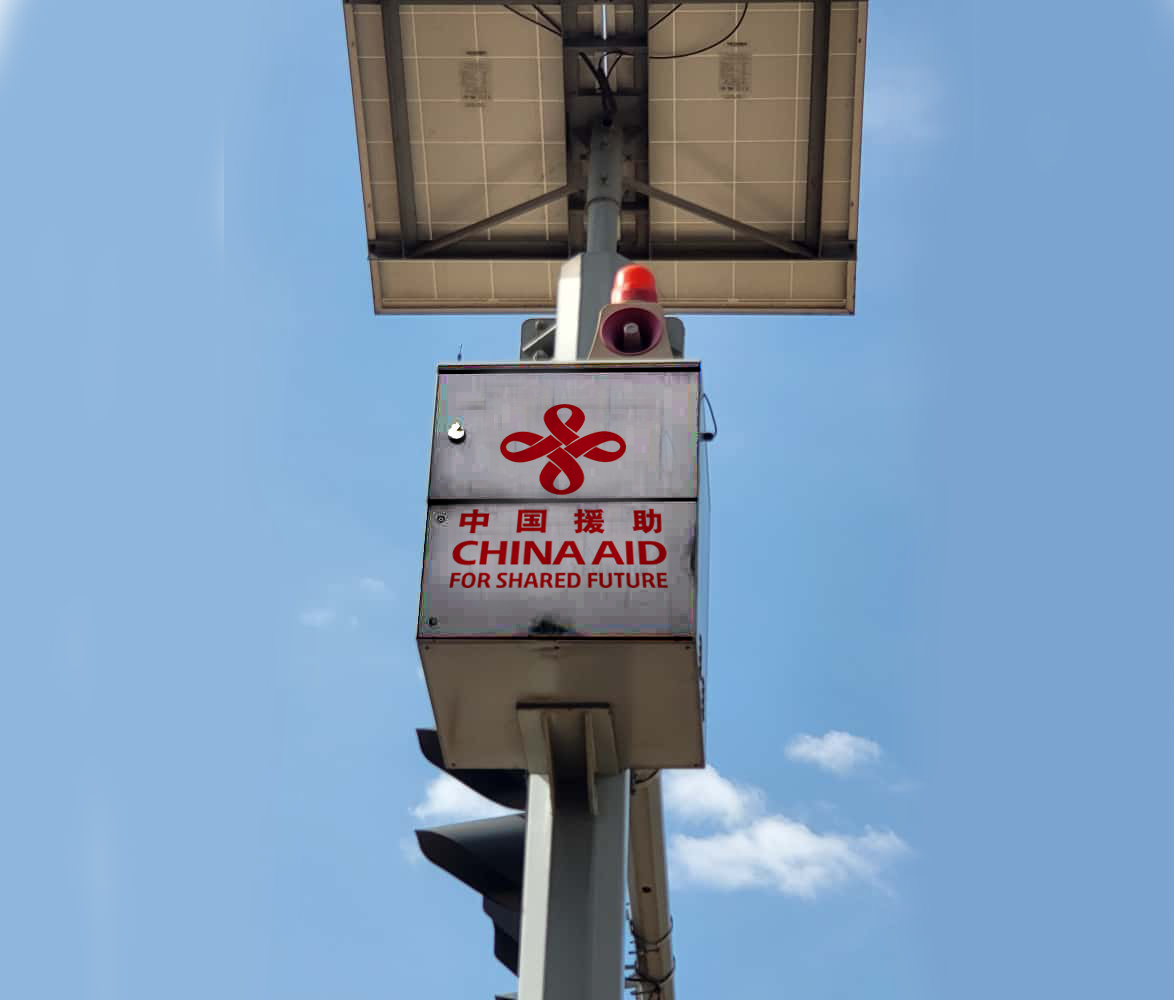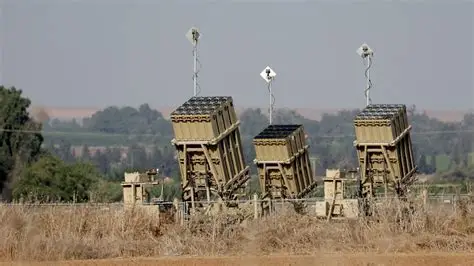I have been to China a couple of times. From the airport of entry to the point of exit, I was under constant surveillance. Cameras with facial recognition tracked my every move. At train stations, in the streets, even in the hotel lobby, there was no escape. Later, I bought a phone in China. Within days, Meta locked me out because the device was running a hidden crawler app, silently harvesting my contacts. That is the extent of China’s aggressive surveillance technology.
And yet, in 2010, Nigeria thought it wise to invite this same China to build the eyes and ears of our capital city. Under President Goodluck Jonathan, the Federal Government contracted ZTE Corporation, a Chinese state-owned firm, to install CCTV cameras in Abuja and Lagos. The project was funded by a $460 million loan from the China Exim Bank, with Nigeria contributing 15 per cent as counterpart funding. The then Minister of Finance, Olusegun Aganga, approved the loan. The National Security Adviser at the time, General Owoye Andrew Azazi, oversaw the project. Other key players were Bala Mohammed, Minister of the FCT, and Adamu Maina Waziri, Minister of Police Affairs.
The outcome is public knowledge. The cameras do not work. The control rooms were abandoned. Batteries and solar panels were vandalised. Yet Nigeria is still servicing the loan. In May 2023, Justice Emeka Nwite of the Federal High Court ordered the government to disclose the full details of the loan and payments to contractors. Civil society groups, such as SERAP, have taken the Federal Government to court over the scandal.
Now, the true scandal is not corruption. It is the strategy. Why did Nigeria hand over its national surveillance system to a foreign power with such a record? Surveillance is not decoration. It is the nervous system of any modern state. Whoever controls the cameras and the servers controls the city. Abuja is not just another city. It is the seat of the presidency, the legislature, the judiciary, and the diplomatic corps. We put all that under a foreign watch.
In January 2018, Le Monde revealed that the African Union headquarters in Addis Ababa, a complex built and donated by China, had been bugged. Servers in the building had secretly transmitted confidential data to Shanghai every night for five years. Even the furniture was compromised. Here is the uncomfortable thought: that happened after Nigeria had already outsourced Abuja’s CCTV backbone to China. It is not far-fetched to suggest that Nigeria gave China the confidence to try Addis Ababa. By 2010, China knew African governments would accept turnkey surveillance systems with little or no scrutiny. By 2018, it was proven right. We were not just victims of naivety; we may have been the early test case.
A Yoruba wise saying captures this best: à n fi ewúré ṣó iṣu, we are appointing the goat as the guardian of yam. That is exactly what Nigeria did. We made China the guardian of our national security data. No serious country behaves this way. The United States will never hand its surveillance grid to Huawei. France will never call ZTE to wire Paris. China itself will never allow a Nigerian firm to install its national cameras. Why then should Nigeria, the so-called Giant of Africa, give away its sovereignty so cheaply?
We must draw lessons. First, surveillance infrastructure must be treated as national defence, not as an ordinary procurement. Second, every endpoint, camera, and server in Abuja must be audited independently, with results published. Third, Nigeria must invest in its own engineers, data centres, and laws to build indigenous capacity.
A bad contract can be litigated or renegotiated. But the mindset that led us to give away our sovereignty cannot be corrected by court orders. If we do not learn, the next CCTV project will again be someone else’s eyes watching us. And the cameras on our streets will never truly belong to us.














